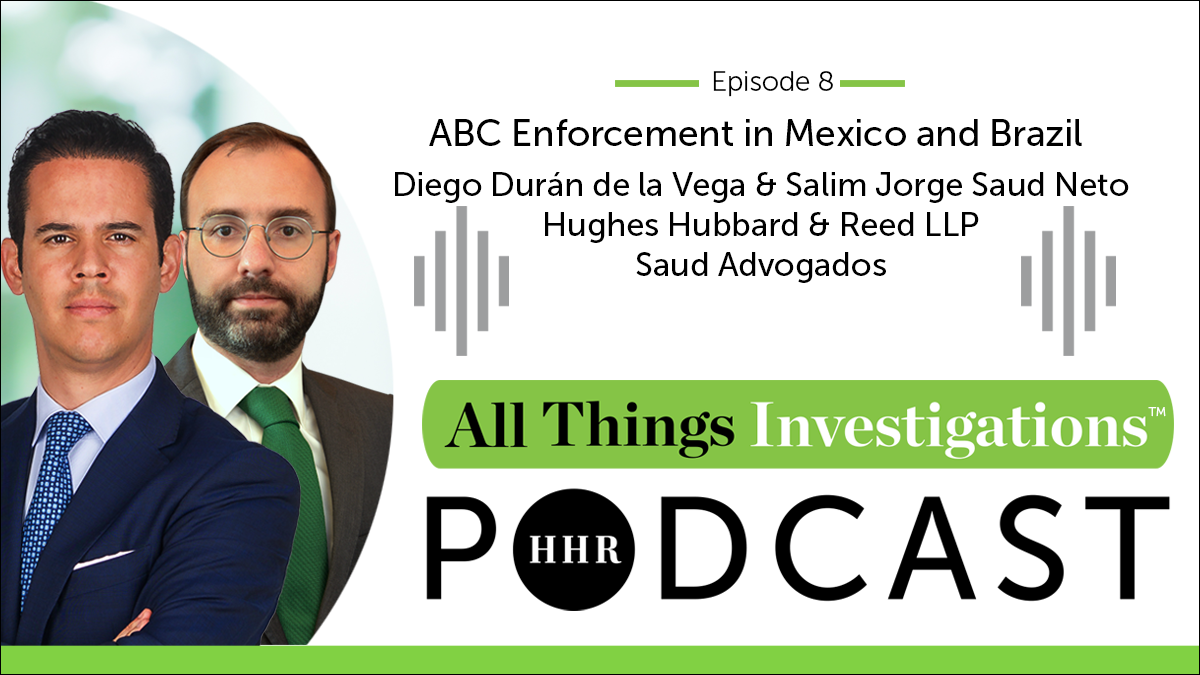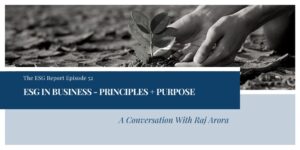We have not had a This Day in History opening for the FCPA Compliance and Ethics Blog for some time. So not only is one long overdue but a shipwreck which occurred some 66 years ago makes a great opening for today’s start of a multi-part blog post series on a Federal Anti-Kickback enforcement action which was announced last week, involving the Oregon based medical device manufacturer Biotronik Inc. (Biotronik).
The shipwreck of course was the catastrophe involving the Italian passenger liner the Andrea Doria and the Swedish passenger liner, the Stockholm off the coast of New York on this date in 1956. According to This Day in History, at approximately, 10:45 pm, the Stockholm showed up on the Andrea Doria’s radar screens, at a distance of about 17 nautical miles. Next Andrea Doria showed up on the Stockholm’s radar, at 12 miles away. The Andrea Doria Captain then “exacerbated a dangerous situation by making a turn to port for an unconventional starboard-to-starboard passing, which he wrongly thought the other ship was attempting.” Third Officer Johan-Ernst Bogislaus Carstens, commanding the bridge of the Stockholm, then made a conventional turn to starboard. Andrea Doria Captain Calami realized he was on a collision course with the Stockholm and turned hard to the left, hoping to race past the bow of the Swedish ship but it was too late. Five were killed on the Stockholm and 46 persons on the Andrea Doria died but over 1,600 were rescued. It was one of the final great nautical disasters involving the collision of passenger ships.
According to the Department of Justice (DOJ) Press Release, “the Federal Anti-Kickback Statute prohibits offering or paying anything of value to induce referrals of items or services covered by Medicare and other federally funded programs. The statute is intended to ensure that medical providers’ judgments are not compromised by improper financial incentives.” Principal Deputy Assistant Attorney General Brian M. Boynton, head of the Justice Department’s Civil Division, said, “Paying kickbacks to doctors to influence their selection of medical devices undermines the integrity of federal healthcare programs. When medical devices are used in surgical procedures, patients deserve to know that their device was selected based on quality of care considerations and not on improper payments from manufacturers.”
Biotronik is a company which manufactures and sells cardiac rhythm management (CRM) devices, including pacemakers, defibrillators, and cardiac resynchronization therapy (CRT) devices throughout the United States. The company engaged in bribery and corruption inside the US rather than outside of the US as we see in cases involving the Foreign Corrupt Practices Act (FCPA). The Press Release claims that the company engaged in a “kickback scheme to pay certain favored physicians to induce and reward their use of Biotronik’s pacemakers, defibrillators and other cardiac devices. In particular, Biotronik allegedly abused a new employee training program by paying physicians for an excessive number of trainings and, in some cases, for training events that either never occurred or were of little or no value to trainees.”
Biotronik was on actual knowledge that these payments were illegal as the corporate compliance function “warned that salespeople had too much influence in selecting physicians to conduct new employee training and that the training payments were being over-utilized.” The Press Release also noted, “the settlement also resolves allegations that Biotronik violated the Anti-Kickback Statute when it paid for physicians’ holiday parties, winery tours, lavish meals with no legitimate business purpose and international business class airfare and honoraria in exchange for making brief appearances at international conferences.”
Interestingly, this matter involved two whistleblowers. The civil settlement included the resolution of claims brought under the qui tam or whistleblower provisions of the False Claims Act (FCA), which, under those provisions, a private party can file an action on behalf of the United States and receive a portion of any recovery. The whistleblowers were Jeffrey Bell and Andrew Schmid, both of whom had been employed as independent sales representatives for Biotronik. They brought suit against the company, alleging, as stated in the Settlement Agreement, that Biotronik “knowingly caused the submission of false claims for payment to federal healthcare programs by providing remuneration to physicians to induce them to use Biotronik’s CRM devices in violation of the Anti-Kickback Statute, 42 U.S.C. § 1320a-7b(b). The United States intervened in the Civil Action on June 21, 2021.” Bell and Schmid received approximately $2.1 million as their share of the recovery in this case.
Biotronik agreed to pay $12.95 million to resolve these allegations “by causing the submission of false claims to Medicare and Medicaid by paying kickbacks to physicians to induce their use of Biotronik’s implantable cardiac devices, such as pacemakers and defibrillators.” There were multiple US enforcement authorities involved in this case. The Press Release noted, “the resolution obtained in this matter was the result of a coordinated effort between the Justice Department’s Civil Division, Commercial Litigation Branch, Fraud Section and the U.S. Attorney’s Office for the Central District of California. HHS-OIG assisted in the investigation.”
Join us tomorrow when we consider the bribery schemes allegedly used by Biotronik and the lessons learned for the compliance professional.




